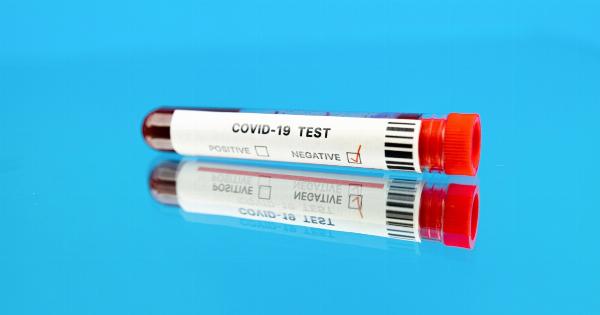Artificial fertilization, also called in vitro fertilization (IVF), is a process wherein eggs from a woman’s ovaries are extracted and fertilized with sperm from a man outside the body.
The fertilized egg, now an embryo, is then implanted in the woman’s uterus in the hopes of pregnancy.
The Procedure
The procedure of artificial fertilization begins with the administering of fertility drugs to the woman. These drugs stimulate the ovaries to produce multiple eggs rather than the usual one.
The eggs are then extracted using a needle which is guided using ultrasound.
The man is then asked to provide a semen sample, which is prepared in the laboratory. The sperm is separated from the other elements and prepared for fertilization.
The eggs and sperm are combined in a dish and left to fertilize for a few days under controlled conditions.
Once the embryo is ready, it is implanted in the woman’s uterus. The woman must then wait for around two weeks before a pregnancy test can be done.
Candidates for Artificial Fertilization
The following are some factors that may lead a couple to consider artificial fertilization:.
- Blocked or damaged Fallopian Tubes
- Ovulation issues
- Uterine fibroids or endometriosis
- Genetic disorders
- Unexplained infertility
- Inability of the sperm to reach or penetrate the egg
Risks
While artificial fertilization has helped many couples conceive, it is not without risks. Some possible risks include:.
- Multiple pregnancies
- Low birth weight
- Miscarriage
- Ectopic pregnancy
- Birth defects
Success Rates
Success rates for artificial fertilization can vary greatly and depend on factors such as age, underlying fertility issues, and the number of embryos transferred.
On average, the success rate for women under 35 is around 40-50%, and for women over 40, it drops to around 5-10%.
Conclusion
Artificial fertilization has helped many couples conceive who were otherwise unable to do. It is a process that requires patience and decision making.
Understanding the procedure’s basics, candidacy factors, and risks are necessary to make an informed decision. Consultation with fertility experts is essential to set realistic expectations and optimize the chances of success.




























